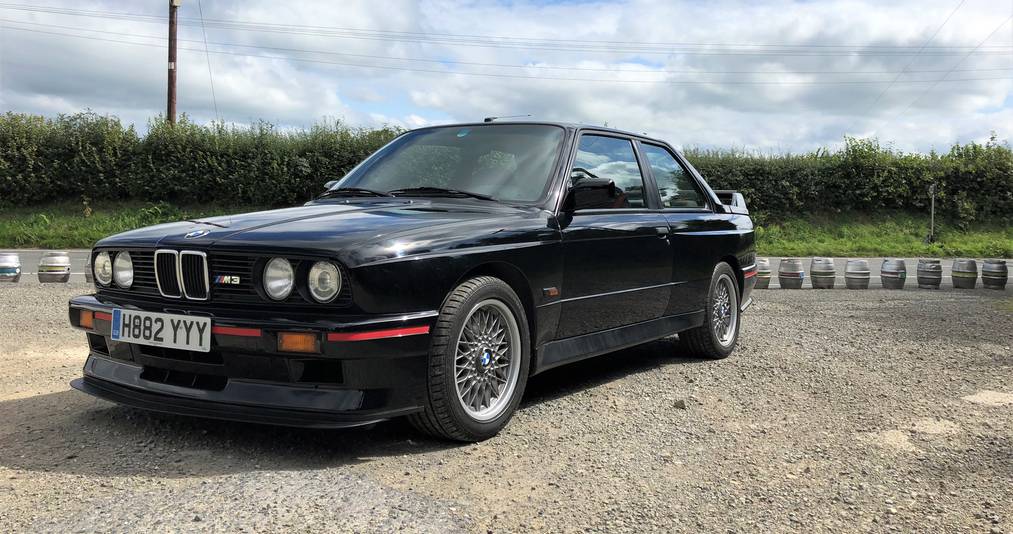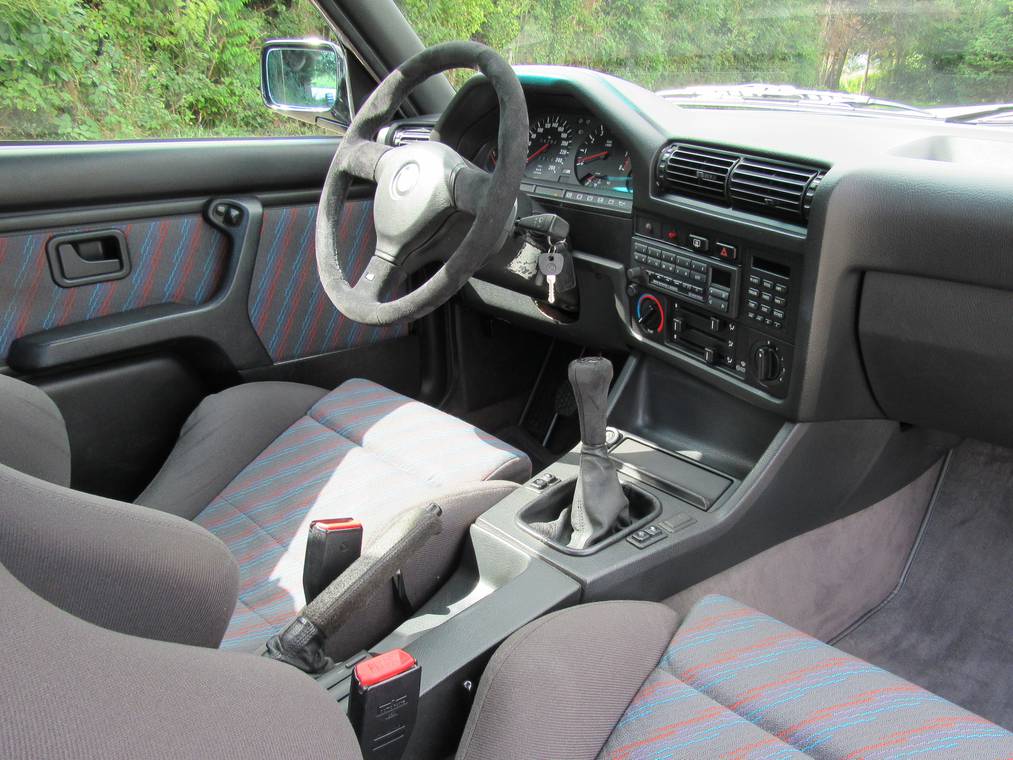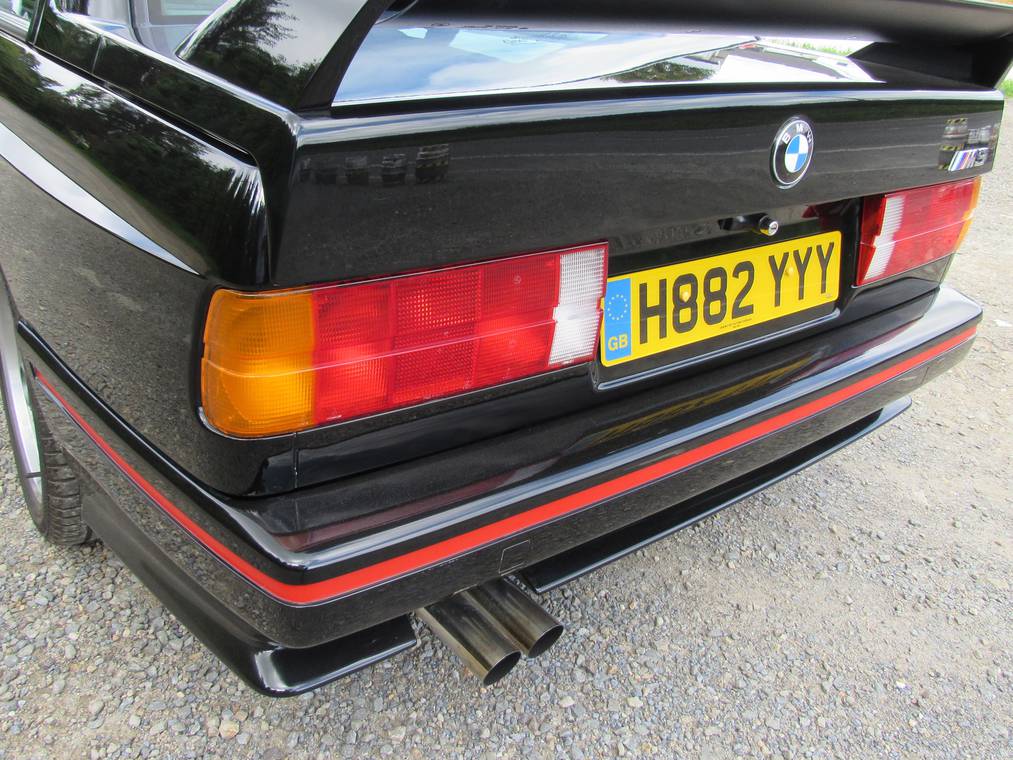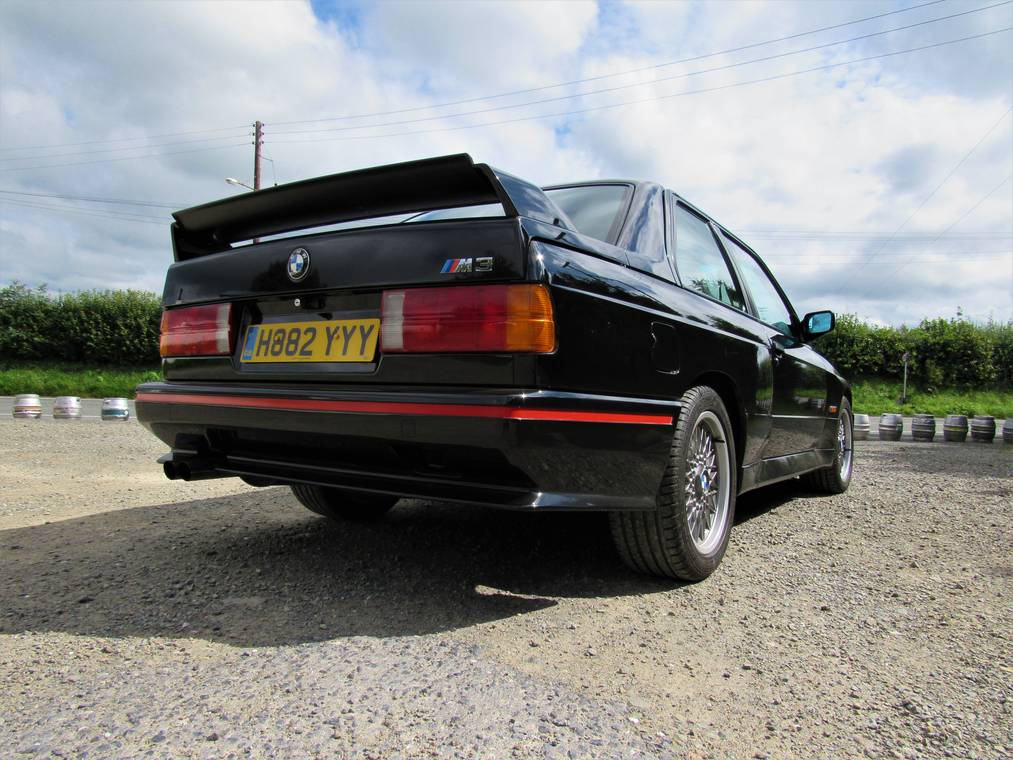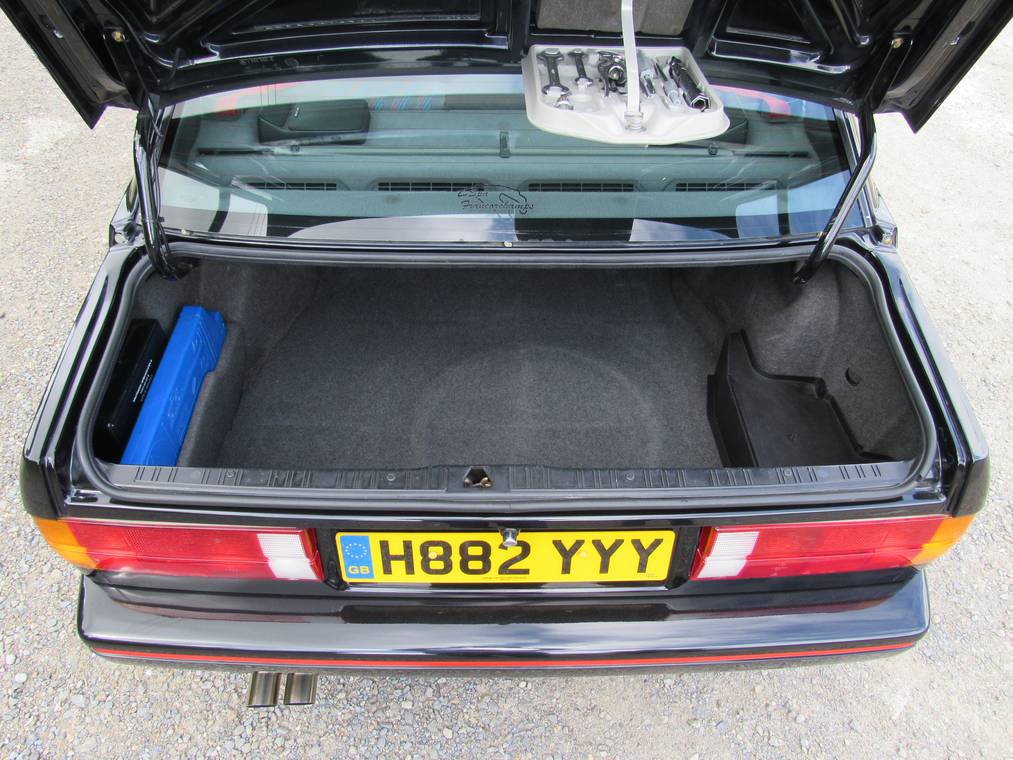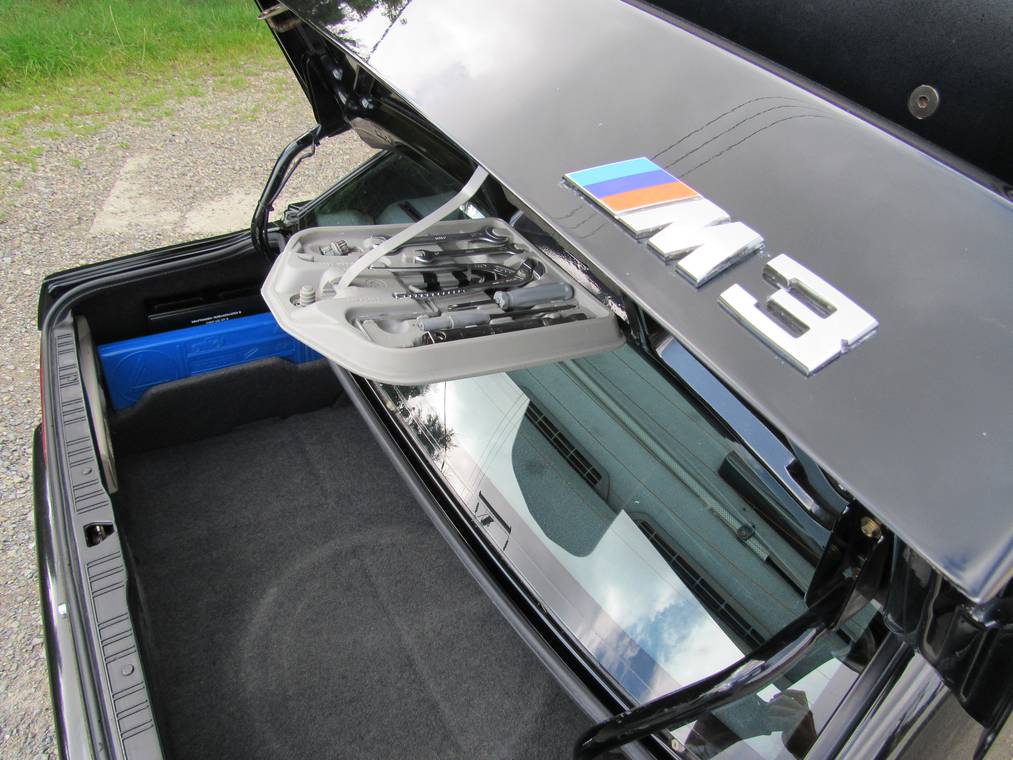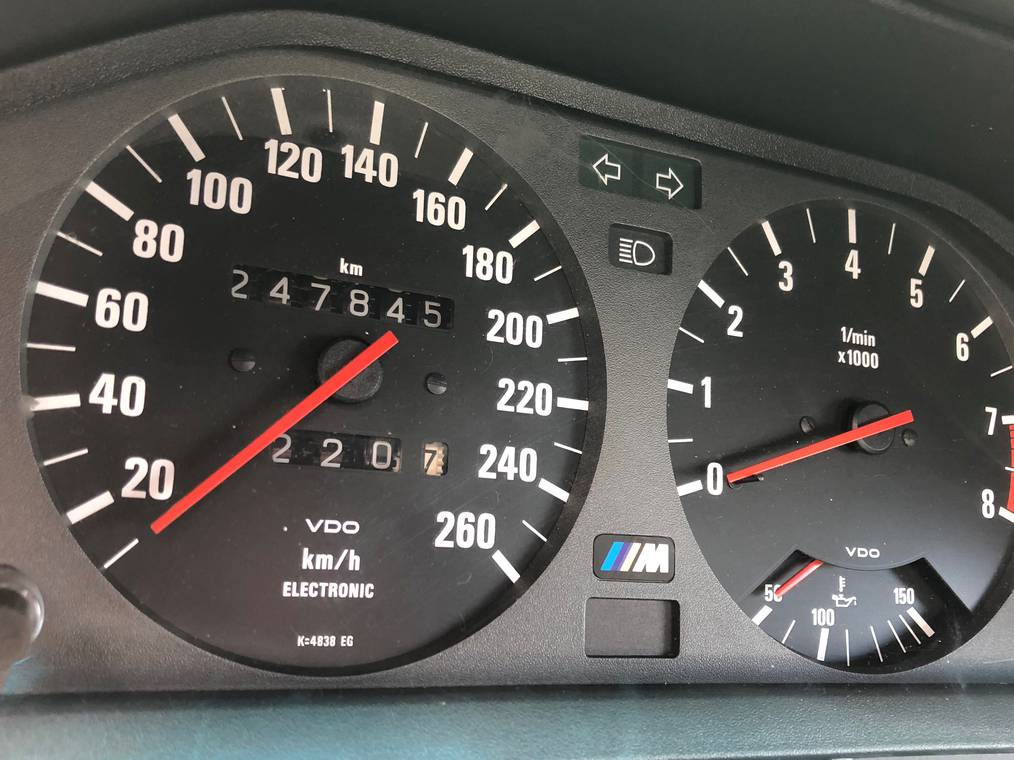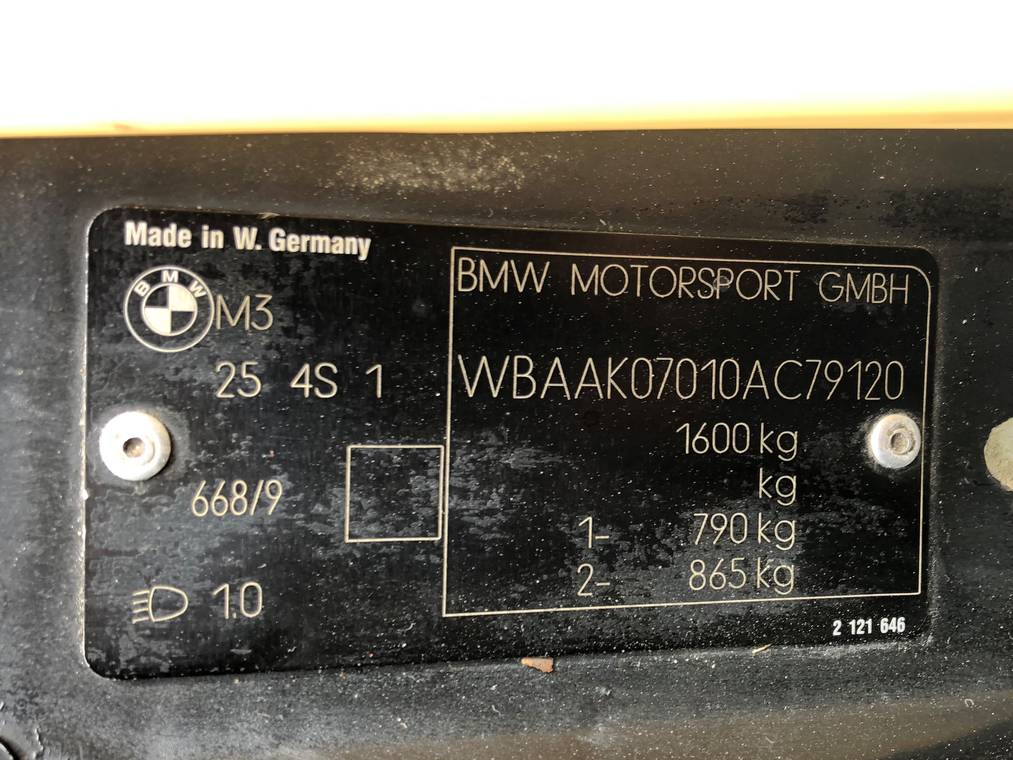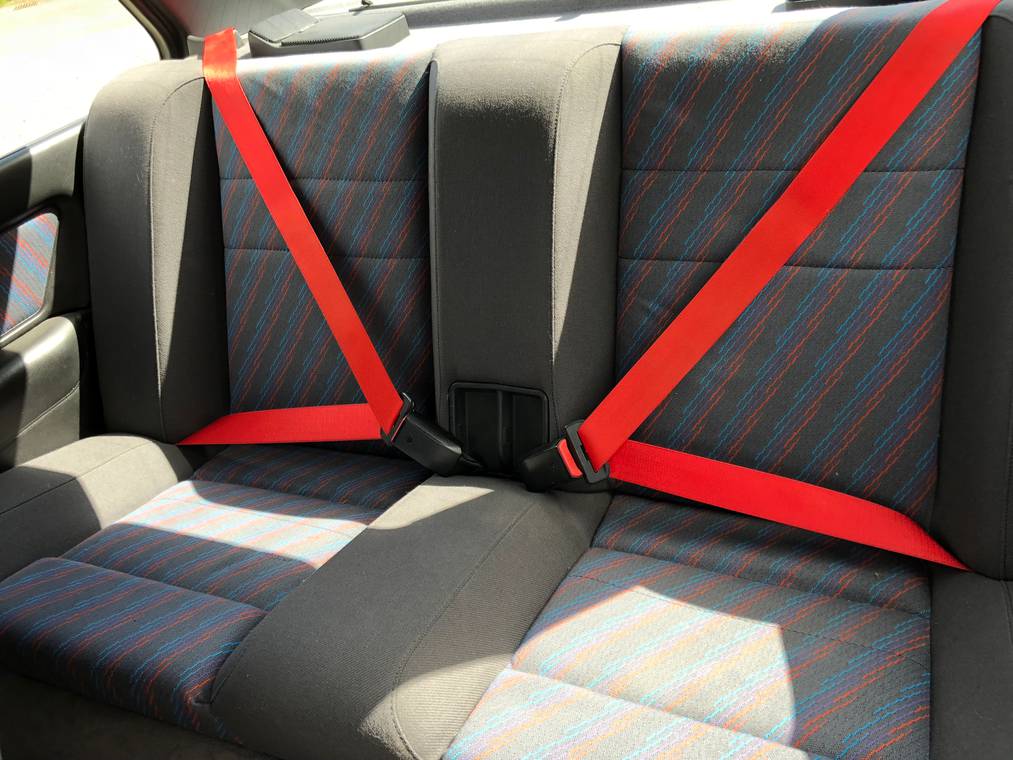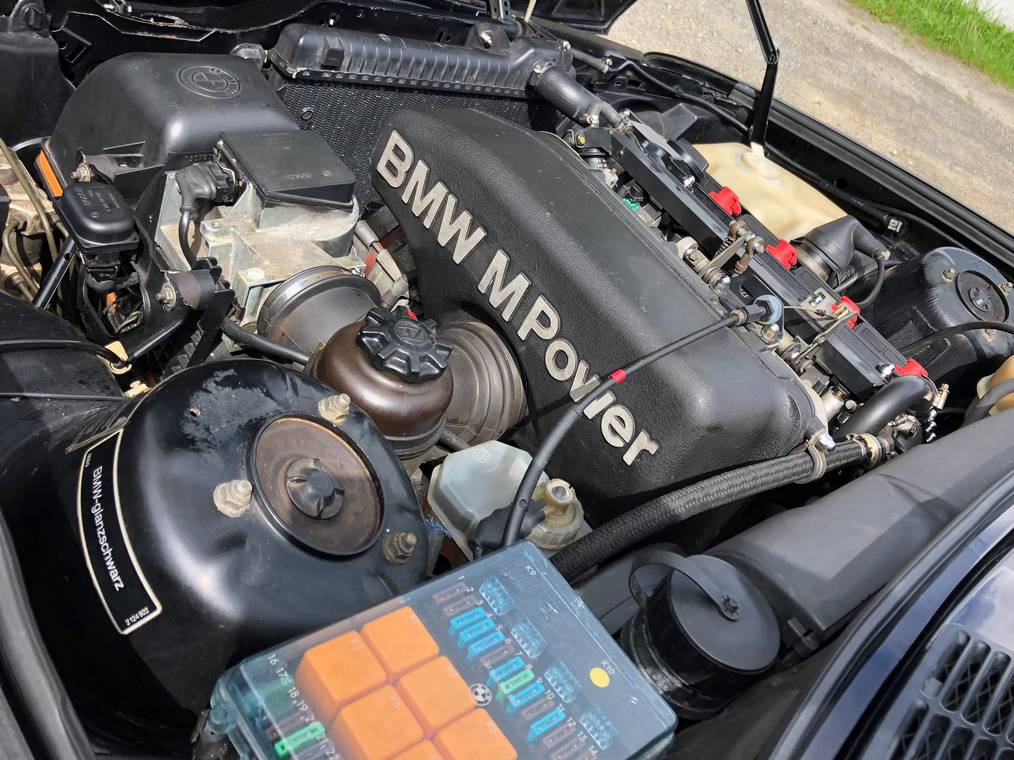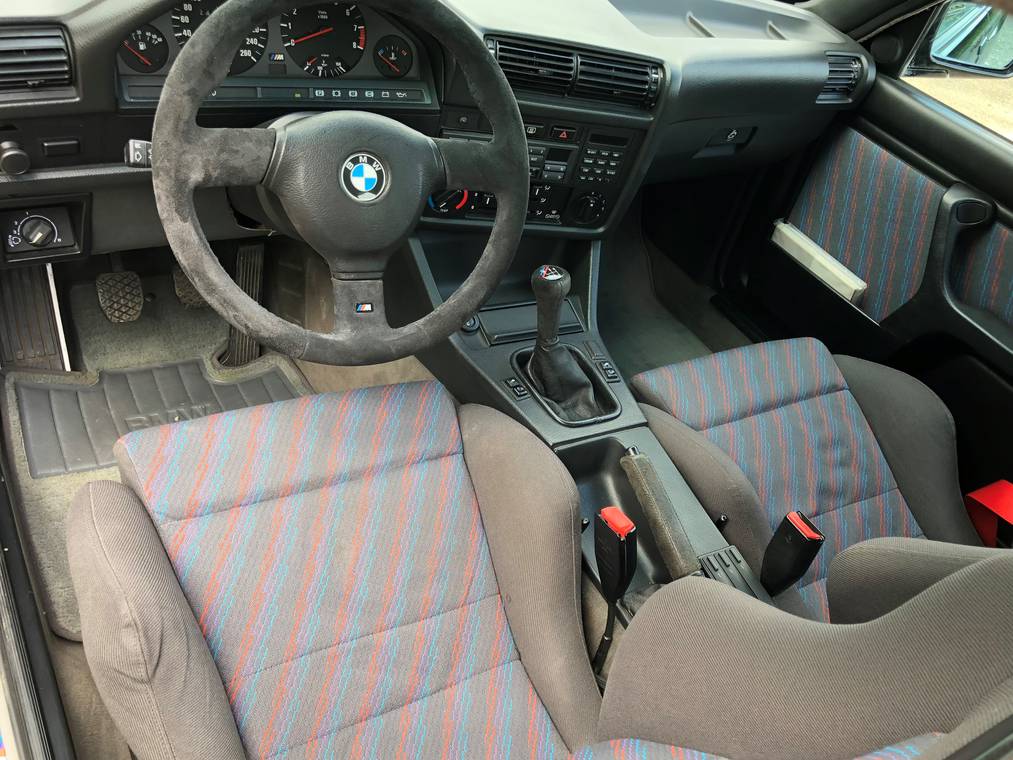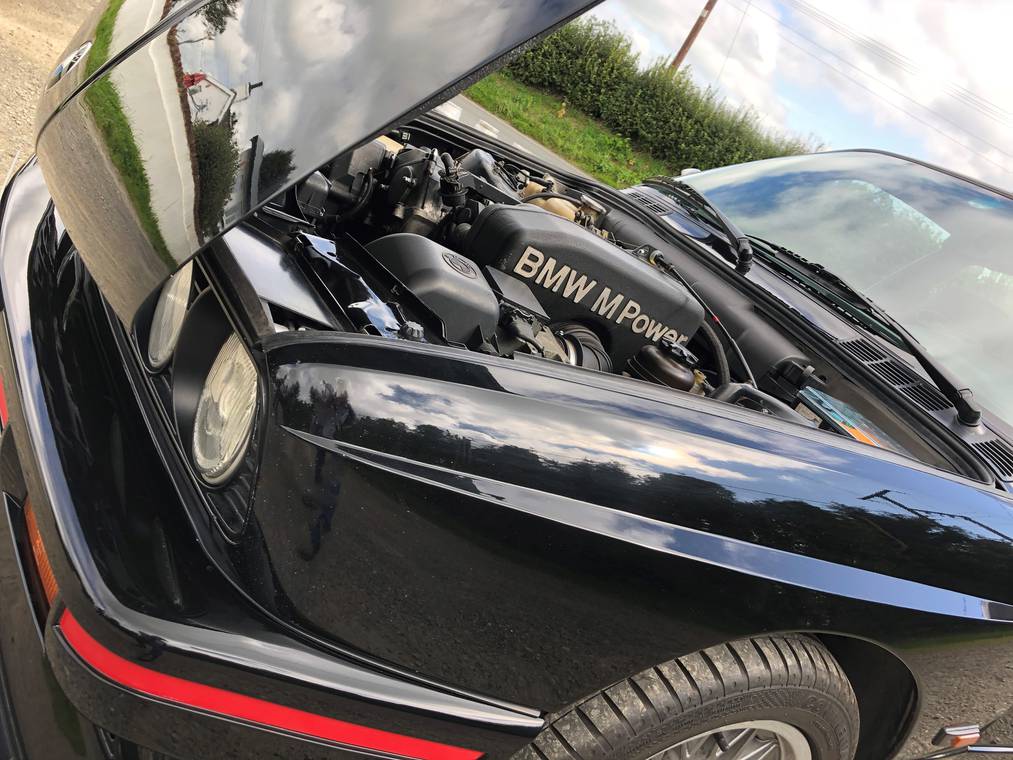BMW E30 M3 prices have gone up significantly in recent years, but regular models can’t compare to the ultimate iteration of the series, the Sport Evolution.
It’s the “Holy Grail” for E30 M3 fanatics, and for good reason. For starters, it’s more a DTM racer than a production car. That’s because it was built in a limited run of 600 units as a homologation special to help BMW comply with “Group A” Touring Car championship rules. It’s also nicknamed Evo III because it came after the E30 M3 Evolution II.
Launched in 1988, the latter version was also a homologation special that featured more power via new camshaft, pistons and intake system, and less weight courtesy of a lighter flywheel, boot lid, windows, and bumpers.
The Sport Evolution took that recipe further with even more upgrades that included an increased engine displacement to 2.5 liters, wider wheel arches, larger front air intakes, and adjustable multi-position front splitter and rear wing. It also ditched the front fog lights for brake cooling ducts.
There were more mechanical changes. A Getrag 265 five-speed manual transmission with a limited-slip differential came standard, as did special front and rear brake calipers and rotors, unique brake master cylinder, and major front suspension upgrades. Those included aluminum control arms and increased caster angle.
With its naturally aspirated four-cylinder unit rated at 238 PS (235 hp) at 7,000 rpm and 240 Nm (177 lb-ft) of torque at 4,750 rpm, the Sport Evolution can still pack a punch. It can cover the 0 to 100 km/h (0-62 mph) sprint in 6.5 seconds and reach a top speed of 248 km/h (154 mph).
The 600 units built between 1989 and 1990 were only available in black or red, and the fine example you see in the gallery is the 120th E30 M3 Sport Evolution car built.
It went under the hammer a few days ago at Silverstone Auctions’ September sale, and it was estimated to fetch anything between £75,000 and £90,000 ($98,750 – $118,500). However, no one bid as much so the M3 is now available for £86,500 ($113,440).
Bought new by Formula One Race Director Charlie Whiting, the car was registered in the UK in April 1991. He sold it in 1996 and the car had two subsequent owners. It turns out they all loved driving it, as the black Sport Evolution has covered 247,845 kilometers (154,003 miles) from new.
Still, it was well looked after and the seller says it’s in good condition, despite some resprays over the years. Most car mechanics agree it’s better to buy a car that was driven extensively and maintained correctly than a garage queen that never got the chance to stretch its legs.



